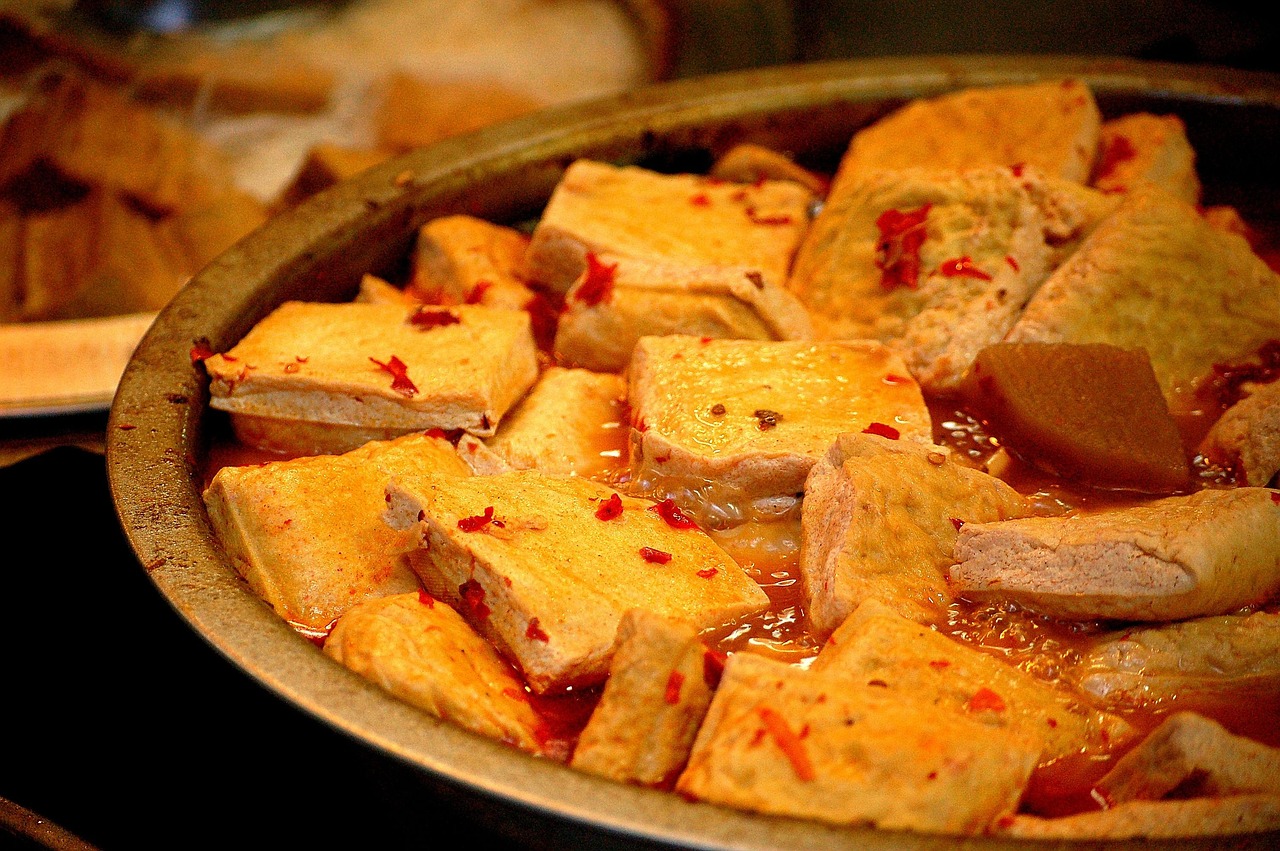Enlivening Travel Experiences through Immersive Food Tours
Immersive food tours are a unique and exciting way to explore a destination. This travel trend not only offers the chance to indulge in a variety of local cuisines, but also provides an in-depth exploration of the cultural and historical context behind each dish. By delving into the culinary world, travelers can gain an enriched appreciation of the places they visit. With this adventurous approach to travel, the journey truly becomes a feast for the senses.

A Culinary Journey Through History
Food has always played a pivotal role in shaping cultures and societies. The cuisine of a place is often a reflection of its history, the local climate, available resources, and the social and religious practices prevalent in the region. For instance, the Mediterranean diet, characterized by olive oil, fresh fruits and vegetables, and lean proteins, is deeply rooted in the region’s sunny climate and coastal geography. Similarly, the hearty and robust flavors of Eastern European cuisine have been influenced by the harsh winters and the necessity for food preservation.
Current Trends in Food Tourism
As travelers become more interested in authentic and experiential travel, food tourism has seen a significant surge in popularity. Instead of merely dining at recommended restaurants, travelers are now seeking immersive culinary experiences. This includes cooking classes with local chefs, market tours, farm visits, and food tastings. These activities provide an opportunity to understand the food culture of a place from a local perspective.
The Appeal and Impact of Food Tours
Food tours offer a multitude of benefits to travelers. They provide a deeper understanding of local culture and history, involve interaction with locals, and offer an opportunity to try diverse and authentic food. However, they can also pose challenges, such as language barriers and dietary restrictions. Despite these challenges, the positive impact of food tours on travelers and local communities is undeniable. They promote cultural exchange, support local businesses, and contribute to sustainable tourism.
Practical Considerations for Food Tours
When planning a food tour, it’s essential to research and select a reputable food tour operator who prioritizes quality, authenticity, and safety. Additionally, travelers should be open-minded and willing to try new foods, engage with locals, and learn about the food culture of the place. It’s also important to consider any dietary restrictions or allergies beforehand and communicate them to the tour operator.
Revel in the Gastronomic Delights
- Immerse yourself in local food markets for a sensory explosion of colors, flavors, and aromas.
- Try a cooking class to learn about the local cuisine and cooking techniques.
- Participate in food tastings to sample a variety of local dishes and delicacies.
- Visit local farms or vineyards for a first-hand look at food production.
- Engage with locals to understand their food culture and traditions.
Immersive food tours offer more than just a chance to satisfy your palate. They provide meaningful connections, vivid memories, and an enriched understanding of the places you visit. As the saying goes, “The way to a place’s heart is through its stomach.” So, on your next trip, consider embarking on a culinary adventure and discover a world of flavors waiting to be explored.




